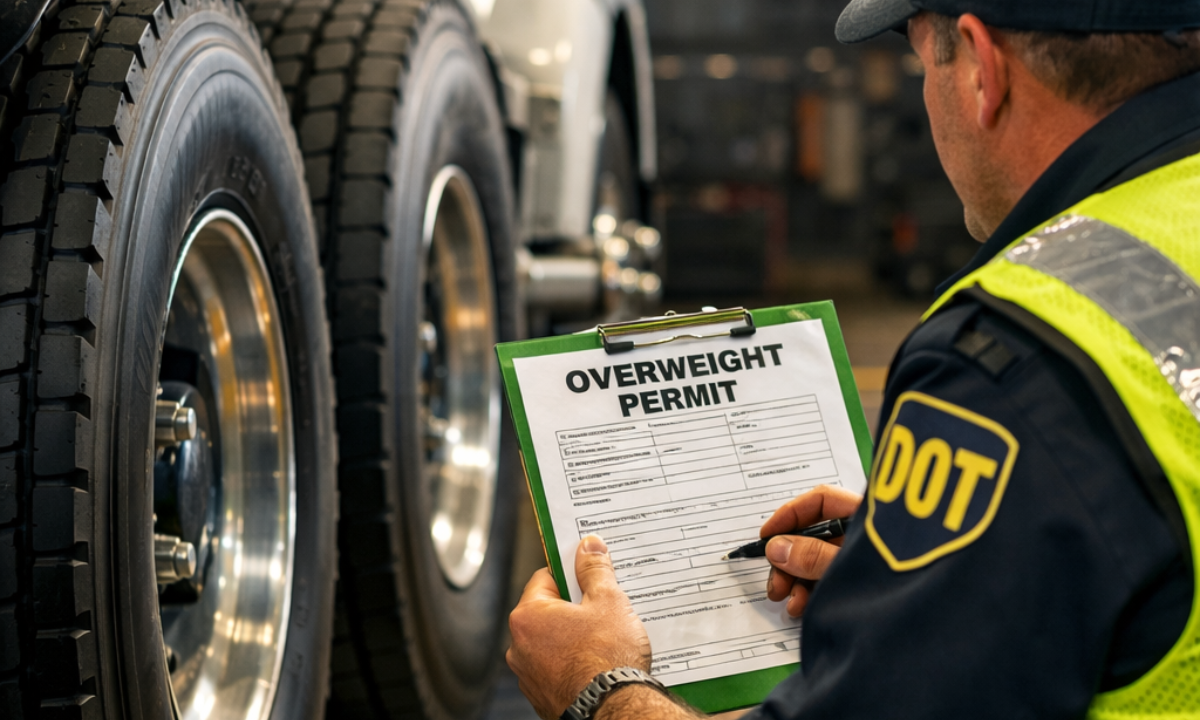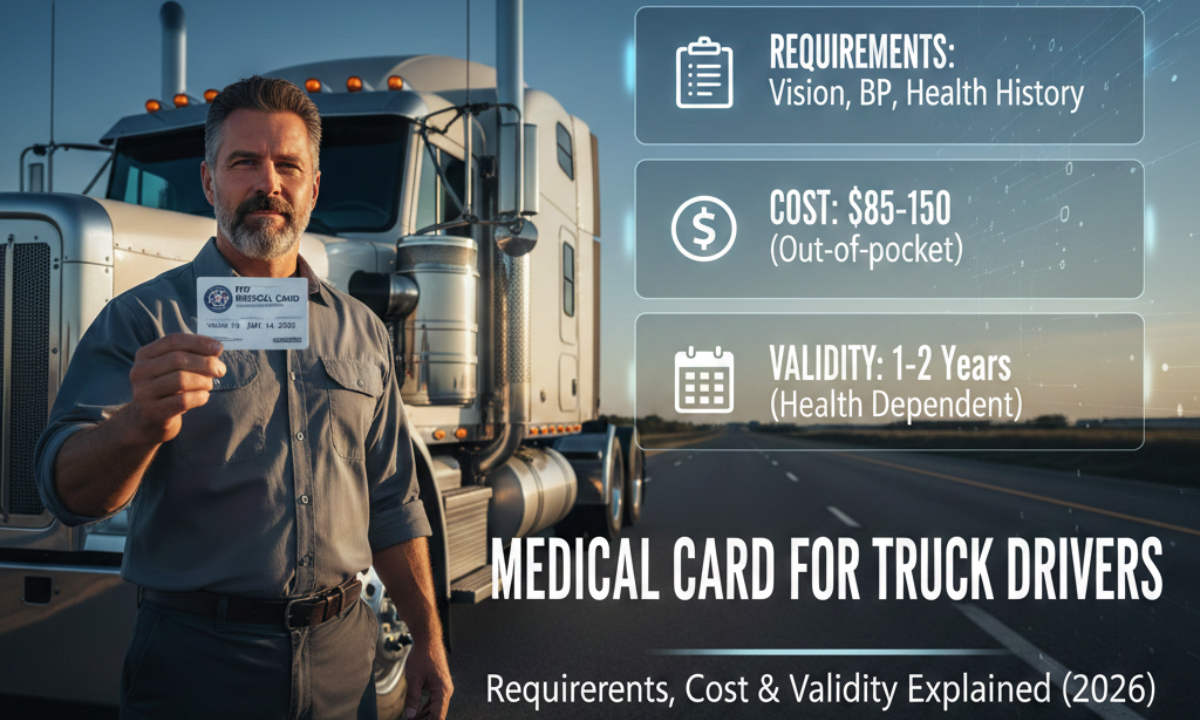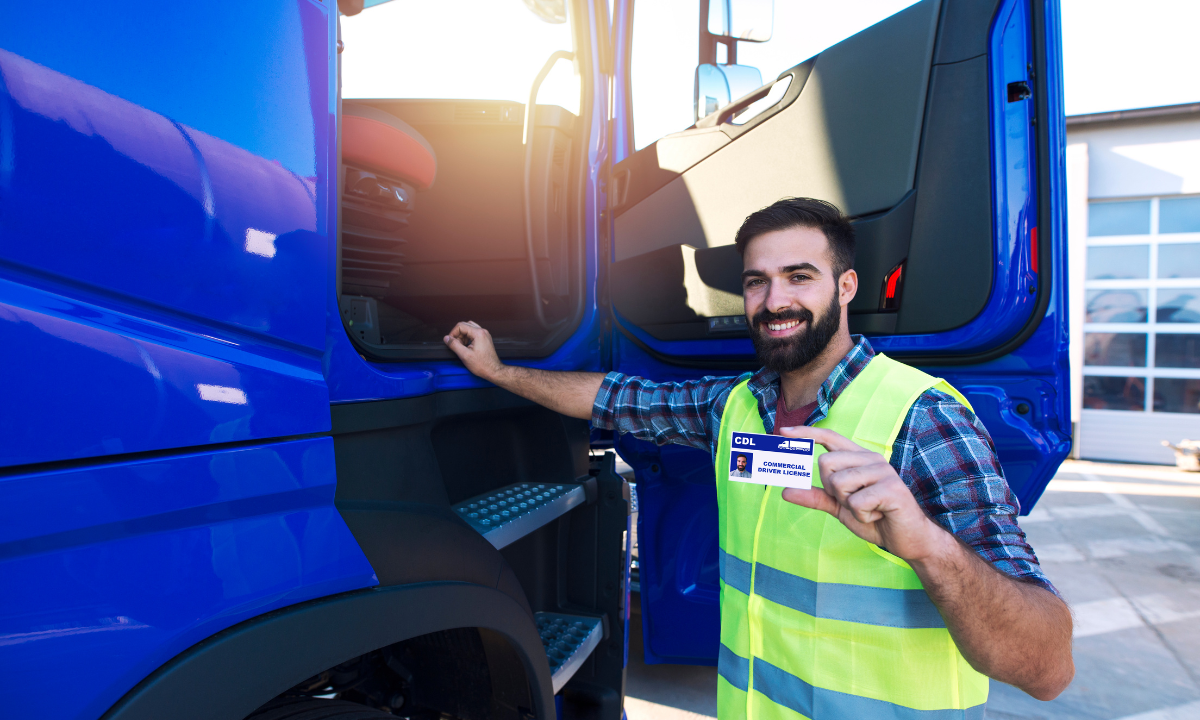What are the pros and cons of being an Owner-Operator vs. a company driver?
Owner-Operator vs. Company Driver: Advantage and Disadvantage Discussions
When it comes to careers for truck drivers, these two choices present the only roads: owner-operators and company drivers. Both alternatives carry different advantages and disadvantages depending on the type of person they suit. The correct path is based on personal financial readiness and career vision in the long-term. Knowing the best way to go about the pros and cons helps make informed decisions based on how drivers want to live as well as their financial expectations.
Financial Investment and Earning Potential
While owner-operators can earn a rather good income due to seizing control over freight rates, routes, and contracts, becoming one does not come without major expenses, since one has to pay for and maintain his own truck, as well as insurance and fuel. Risks are not to be found on the part of a company driver. The carrier is liable for equipment, insurance coverage, and maintenance costs. Therefore, this option has a stable setup to take care of most concerns. Income may not be at part with amounts paid to independent operators, but company drivers won’t worry about heavy investments since they earn stable salaries and benefits.
Control and Independence
Independence comes closest to being an owner-operator. The owner-operators plan their route, set schedules, and choose loads and negotiate contracts. On the contrary, company drivers rely on assigned routes, schedules, and dispatch decisions. Although less flexibility is experienced, lower stress levels are associated with the inability to entirely take charge of employment.
Work-Life Balance
Company drivers and owners had probably been benefiting from paid time off and time home policies established by the respective companies. These help them achieve a better work-life balance as the time they spend at both ends of the spectrum may be more evenly distributed. Such problems may arise from irregular schedules and working late at times and managing operations of the business whilst driving. Divided time between the road and completing administrative tasks can be burdensome.
Responsibility and Risks
Independent owner-operators can run their business and within that context, they are responsible for compliance, taxes, fuel costs, repairs, and business growth. The benefits could also run high, but so does the risk. They do not come into exposure to any such risk. Controlling the truck, adhere to the policies of the company, and receive a paycheck are what the company driver needs to do. All else pertaining to finance and operations would be with the carrier.
Contents and Security
Besides, company drivers have these benefits by virtue ascribed to their status as health insurance, retirement plans, paid vacation, and bonuses. These elements attached to the base salary make it worth more. Owner-operators work on this account, and these benefits were not provided by the employer. They need to secure insurance, retirement savings, or health coverage. Therefore, such costs and responsibilities add up to their career.
Career Growth and Opportunities
Tuning in as a company driver offers some experience, networking, and monetary security, which most take to independence with regard to ownership. Some later convert to being independent owner-operators after saving and accumulating knowledge. It corresponds with owner-operators, who are entrusted to expand the business or fleet ownership and build self-owned trucking businesses. But, much too often does this depend on business know-how and market conditions.
Conclusion
Both methods have their dos and don’ts in approaches of career options as owner-operator and company driver. While in the field of interest, company drivers will benefit from the stability offered by lower financial risks, and an overall array of benefits-availing their activity much more favorable for beginners or people who favor a consistent track. On the other end, the pleasure of higher income potential and independence offers owner-operators financial gain but puts them at greater risk and accountability. Ultimately, the decision falls on financial preparedness, lifestyle preferences, and long-term career ambitions. For some, starting as a company driver before transitioning into ownership strikes the perfect balance between security and freedom in trucking.
Disclaimer: The information provided in this blog post is for general informational purposes only. While we strive to keep the content accurate and up to date, we do not guarantee its completeness, reliability, or accuracy. Any actions you take based on this information are strictly at your own risk. We are not responsible for any losses, damages, or inconveniences that may arise from the use of this blog.












